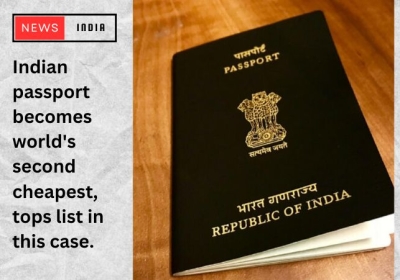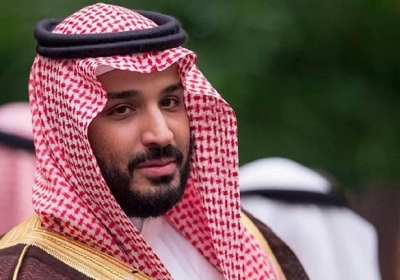international News
International Reactions to the Arrest of Arvind Kejriwal: A Study in Diplomatic Tension
- By Abhishek --
- Friday, 29 Mar, 2024
The recent arrest of Delhi Chief Minister Arvind Kejriwal has stirred domestic controversy and sparked diplomatic tensions on the international stage. As statements from various nations pour in, it's evident that Kejriwal's arrest has become a focal point of global scrutiny, raising questions about India's democratic processes and the impartiality of its legal system.
The United Nations, an international arbiter of justice and democracy, has weighed in on the matter through its Secretary-General's spokesperson, Stéphane Dujarric. Emphasising the importance of free and fair elections, the UN has underscored the need for impartiality and transparency in India's judicial proceedings concerning Kejriwal's arrest.
Similarly, the United States, a longstanding ally of India, has commented twice on the issue. While expressing support for impartial legal processes, the US Department of State's spokesperson, Matthew Miller, has faced criticism from India for allegedly interfering in its internal affairs. India's Ministry of External Affairs has vehemently opposed the US statements, asserting the autonomy of its legal system and democratic institutions.
Germany, too, initially appealed for a fair hearing in Kejriwal's case, emphasising the principles of judicial independence and democratic values. However, India's reaction to Germany's stance led to a diplomatic standoff, with India demanding the recall of the German Deputy Chief of Mission.
The evolving dynamics of diplomatic relations surrounding Kejriwal's arrest highlight the complexities of international diplomacy in the context of domestic legal proceedings. While nations express concerns about democratic principles and the rule of law, their comments are often perceived as unwarranted interference by the country in question.
India, as a vibrant democracy, upholds the rule of law and ensures the independence of its judiciary. Any perceived external interference is met with strong opposition, as evidenced by India's responses to the comments from the US and Germany.
As tensions simmer and diplomatic exchanges continue, it remains to be seen how these international reactions will influence the trajectory of Kejriwal's case and India's broader diplomatic engagements. Ultimately, the pursuit of justice must remain paramount, guided by the principles of impartiality, transparency, and respect for democratic norms.






